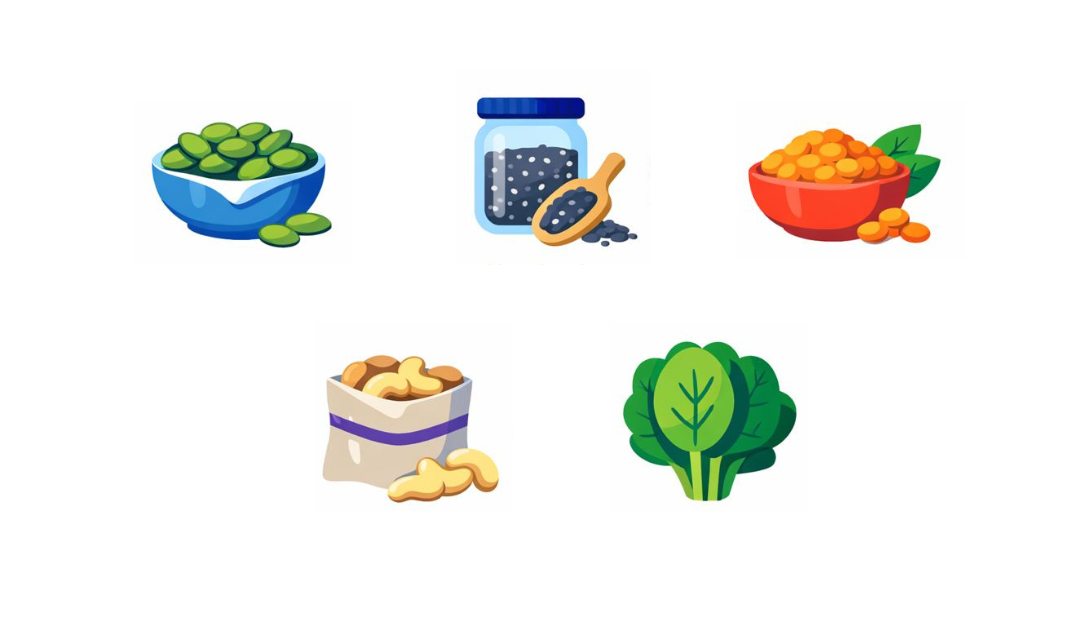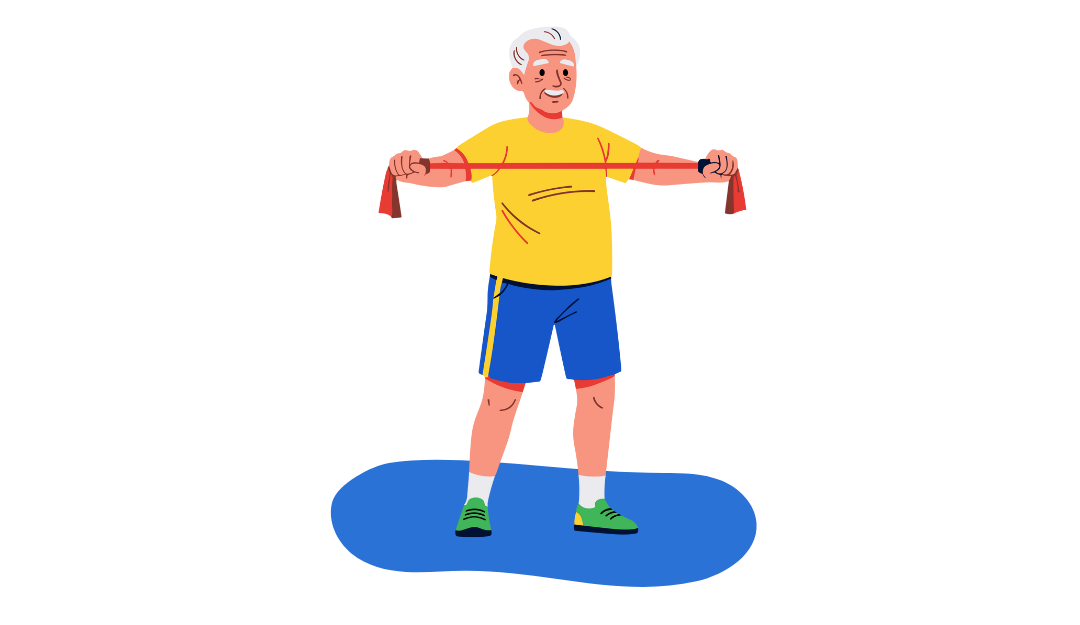Your Guide to a Safe and Healthy Summer

Are you prepared for summer? Well, it’s not all about packing the perfect beach bag. Elevated temperatures, long afternoons, and increased sun exposure present a handful of health hazards unique to the season. If not careful, a summer afternoon by the beach or poolside picnic can lead to dehydration, heat exhaustion, sunburn, or worse. For these reasons, you’ll want to take the necessary precautions when spending extended time outdoors. Don’t worry, though. By following a few tips and protocols, you can enjoy all the festivities summertime has to offer—minus the sunburn.
Drink Lots of Water: Dehydration is one of summer’s greatest dangers. Bring a reusable water bottle whenever you’re outside, and if physically active or exercising, supplement your water intake with electrolyte beverages, like sports drinks or coconut water. Aim for at least six cups of water daily.
Protect Your Skin: The sun may feel warm and inviting, but its rays can seriously damage your skin. We recommend using a broad-spectrum sunscreen SPF 30 or higher—even on a cloudy or overcast afternoon—and reapply throughout the day, especially if swimming. Opt for a mineral-based sunscreen with zinc oxide or titanium dioxide if you have sensitive skin or want to avoid certain chemical ingredients Tightly woven, dark-colored clothing can also help mitigate the harmful effects of sun exposure.
Eat Hydrating Foods: Foods with high water content can help supplement your water intake and prevent dehydration. Try snacking on fresh vegetables and fruit instead of salty chips and pretzels. Cucumbers, bell peppers, lettuce, zucchini, watermelon, pineapples, and strawberries are some of the most water-rich foods.
Limit Consumption of Alcoholic Beverages: Alcohol is a diuretic, meaning it increases urine production and heightens the risk of dehydration. To stay hydrated, be aware of how much you’re drinking, and try to alternate consumption of alcoholic beverages with water or a non-alcoholic option.
Check for Rashes and Bites: Insects thrive during the summer months. When walking through woods, swamps, or tall grass, be mindful of ticks, mosquitoes, snakes, and poisonous plants. Use insect repellent and wear long pants and socks when possible. After being outdoors, remember to check yourself (and family members) for ticks.
Exercise During Cooler Hours: When planning outdoor activities or exercise, try to avoid the hottest time of day (between 12:00 and 4:00 pm). Aim to get out of the house in the early morning or evening for cooler temperatures.
Know the Signs of Heat-Related Illnesses: Heat exhaustion occurs when the body overheats and can’t cool itself down. Key symptoms of heat exhaustion include profuse sweating, clammy skin, muscle cramps, headache, dizziness, fatigue, and fever.


